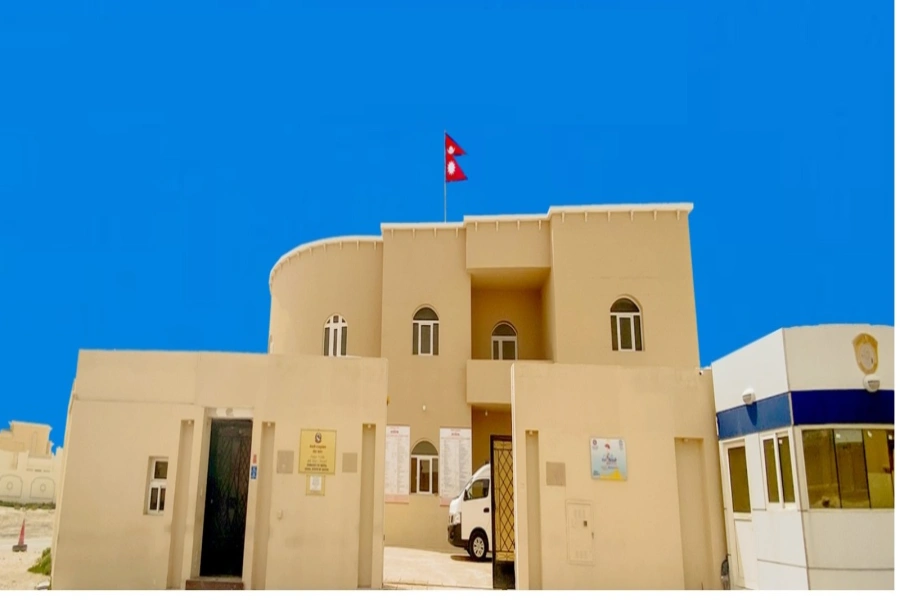KATHMANDU, April 5: The government has stripped off the Department of Revenue Investigation (DRI) of additional authorities delegated by ministerial-level decisions of the Ministry of Finance.
The decision means the DRI, which has been entrusted with the responsibility of investigating revenue leakage cases, can no more carry out assessment of excise duty and Value Added Tax as well as valuation of goods at customs points.
The decision comes after Prime Minister KP Sharma Oli announced to bring the DRI, along with two other agencies, under the ambit of the Office of the Prime Minister and the Council of Ministers (OPMCM) two weeks ago, according to officials of the Ministry of Finance.
Other two agencies brought under the ambit of OMPCM are National Investigation Department and Department of Money Laundering Investigation.
Parliamentary Committee members express concerns over delegated...

“Needful changes have been made to move DRI under the ambit of the OMPCM. While doing that, we also withdrew additional authorities delegated to it by the past finance ministers,” Arjun Prasad Pokharel, spokesperson for the Ministry of Finance (MoF). “Now onwards, DRI will not make assessment of VAT, excise duty and valuation of goods at the customs in their investigations.”
DRI Director General, Bhupal Baral, also confirmed that additional authorities delegated to the department have been withdrawn.
Private sector of the country has welcomed the decision. “The DRI was troubling private sector with the additional authorities. The decision has come as a relief for businesses as there will no longer be multiple investigations by different government agencies,” Bhawani Rana, president of Federation of Nepalese Chambers of Commerce and Industry (FNCCI), told Republica.
Business leaders say that former finance ministers had delegated additional authorities to DRI by breaching tax laws. Only the cabinet can delegate such authorities as per the existing laws, they added.
“It was an abuse of authority. Finance ministers were delegating certain authorities to DRI on their own without cabinet decision,” said Raman Karna, an advocate who deals with revenue-related cases. “There are several explanations of Supreme Court that say individual minister is not a council of ministers.”
Now onwards, the DRI, was has long been criticized by the private sector for extortion, will only look into revenue leakage matters. Assessment of VAT and excise tax will now be carried out by only the tax officers of Inland Revenue Department and its units, while valuation of goods at the customs will be assessed by customs officers of the Department of Customs and its units across the country.
“We welcome the decision. We had long been demanding the government to control duplication in controlling and monitoring,” Rana added.
Advocate Karna compared the authorities delegated to DRI with authorities given to the then Royal Commission by former king Gyanendra Shah by overlooking the Commission for the Investigation of Abuse of Authority (CIAA).
Supreme Court had later declared the Royal Commission void.
According to law, the defined working areas of DRI are: investigating and controlling tax and non-tax revenue leakage and economic crimes, and investigation and issue registration of illegal foreign exchange transaction and misappropriation.
Baral, however, added that the OPMCM can delegate the authorities to DRI again.




































